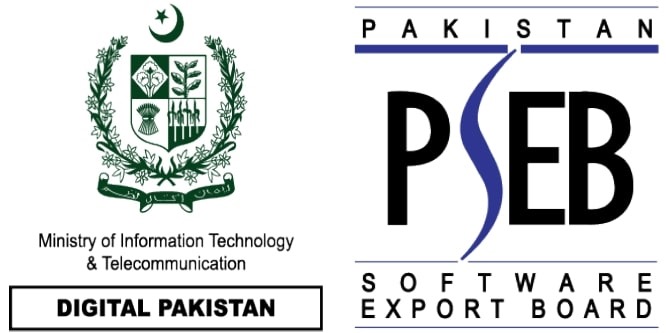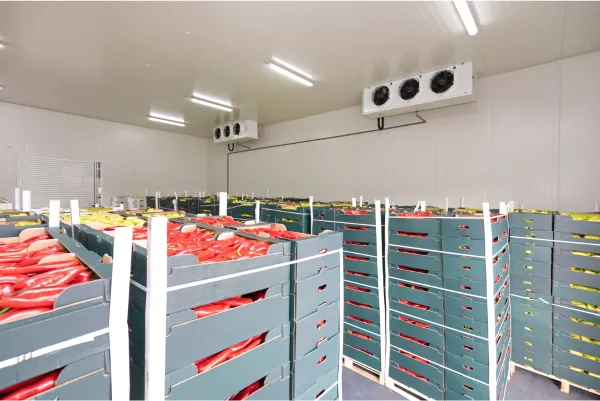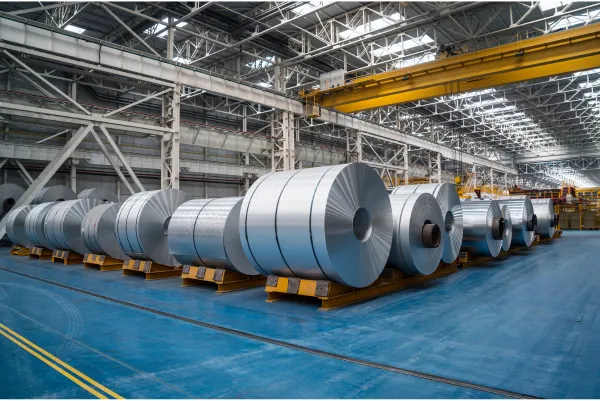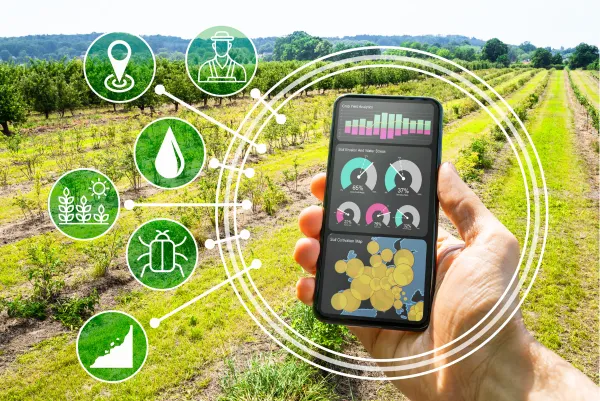Multi-Techno Integrated Solution
Integrate your business with ERP
Multi-techno ERP Integrated Solutions enable smooth business operations. Boost productivity, simplify procedures, and improve the performance of your business.
Modules of ERP
Accounts and Finance System
Accounts Receivables
Accounts Payables
Inventory Management
Purchase Management
Sales Management
Production Management
HR and Payroll Module
General Ledger Module
Comprehensive Module Suite
User/Securities Management
Fixed Asset Module
Industries We Are Serving
These salient features highlight the ways in which Multi-techno ERP solutions may improve operational effectiveness, compliance, and overall business performance for a wide range of industries.
Optimize Growth with ERP:
- Easily transform your company’s operations with our affordable, cloud-based ERP software.
- Take advantage of unparalleled access to vital data, optimized procedures, and increased productivity.
- Adopt the Cloud Revolution for a productive and safe working environment.
Empower Your Team with ERP:
- Give your staff the freedom to concentrate on growth-promoting strategic activities.
- Safe, central data access is guaranteed by our cloud-based system, accessible from any location.
- Launching a new chapter in business brilliance.
Are you prepared to transform your company? Get in touch with us right now!
WHY CHOOSE Multi-techno
One Click Payroll
Analytical Dashboards
Customizable Reports
Automated Alerts & Notifications
Dynamic Workflow
Fast-Growing ERP Software
Geo Fencing
On-Cloud & On-premises
Employee Self Service
Premium Modules
Standerd Quality
Mobile Application
Our Satisfied Clients


















Facts About Us
Dive into the essence of our success with ‘Facts About Us.’ Explore a rich tapestry of achievements, including 112+ happy clients and 100+ successfully completed projects, reflecting our commitment to excellence in the world of ERP solutions.
Registration With

Best cloud ERP software solution

About Us
ERP software and systems are designed and implemented by Multi-Techno, a registered company. By combining data from financials, sales, CRM, inventories, and operations, businesses can increase productivity, make better decisions, and increase profitability with the aid of our ERP System, a single, integrated software platform.
Quick Links
Contact Us
Office # 100, 101 Second Floor Kohinoor 1, Faisalabad, Pakistan












